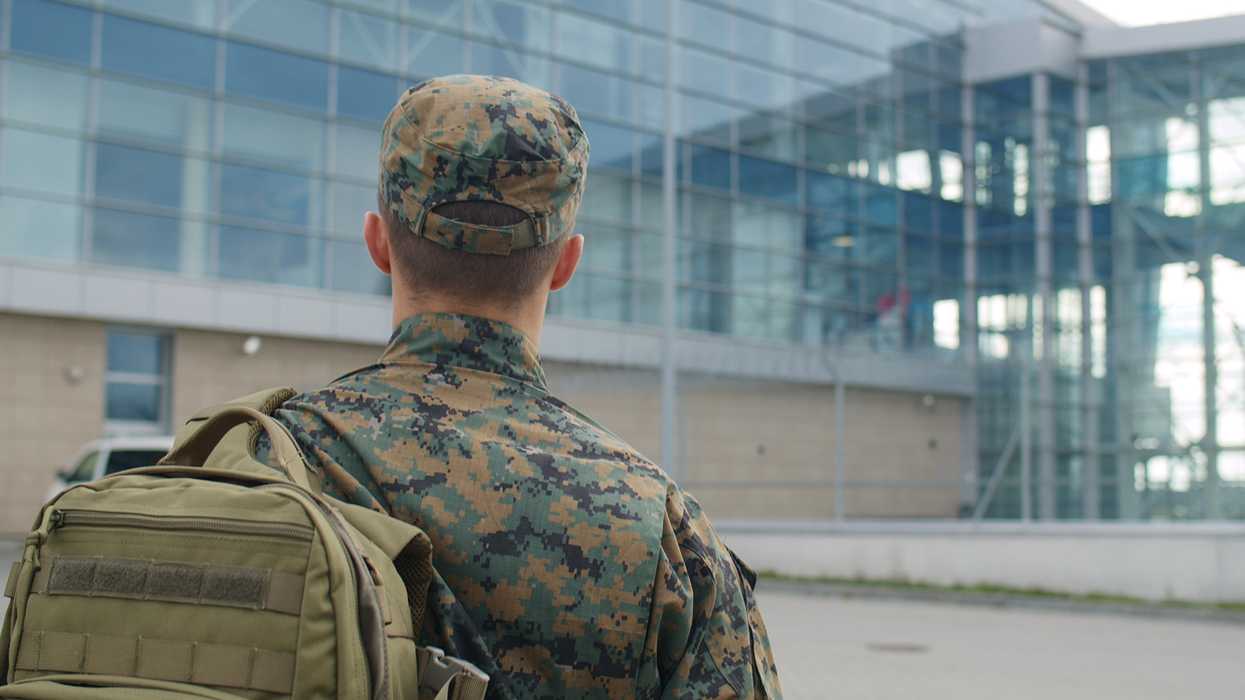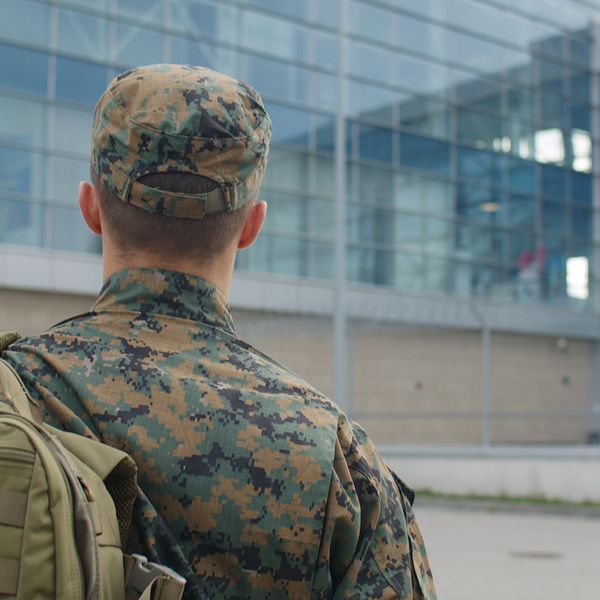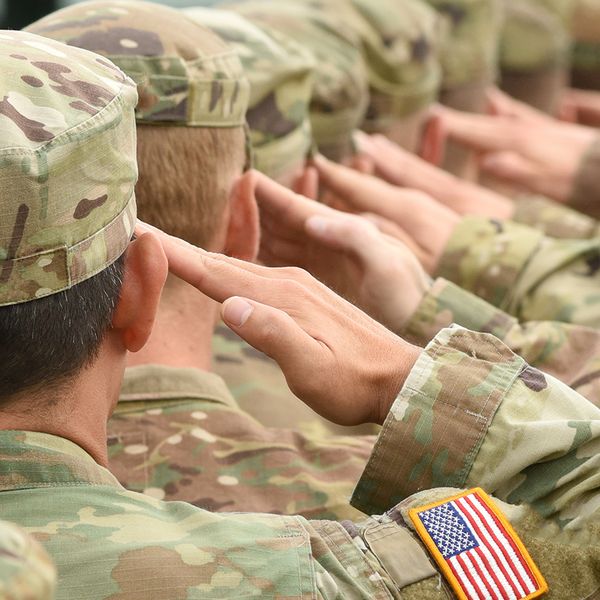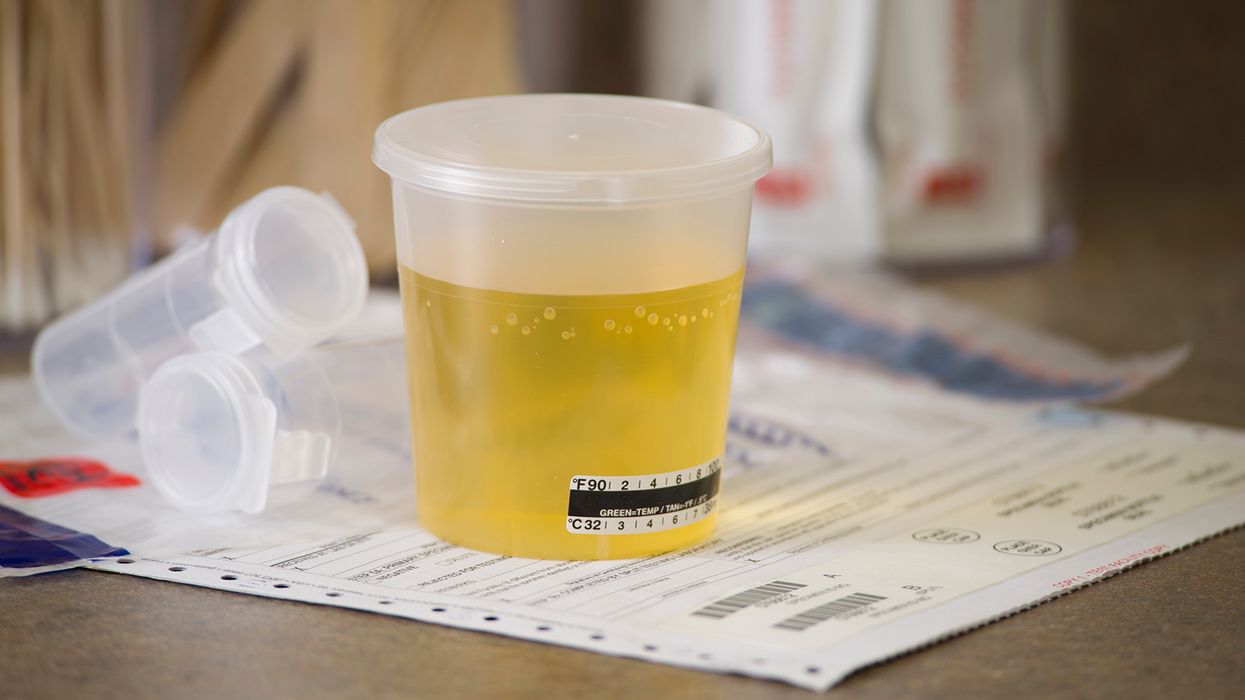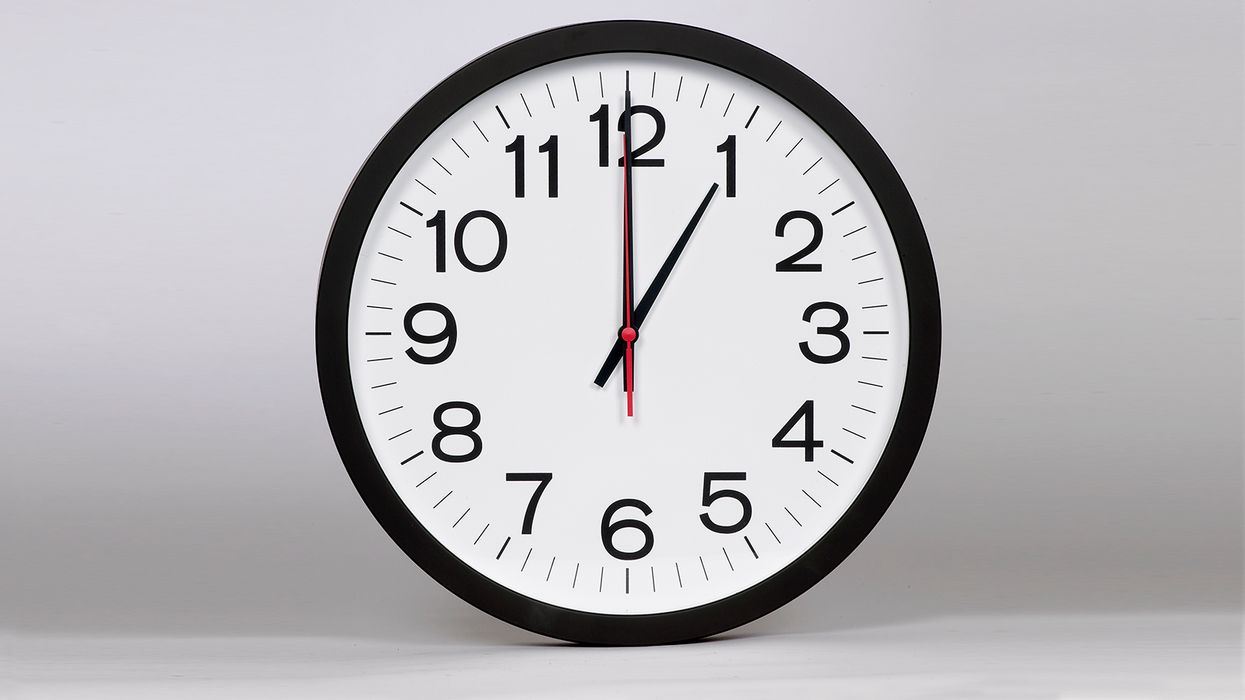USERRA leave is unpaid, unless ...
Employees are entitled to take job-protected time off from their civilian jobs to perform military duty under the federal Uniformed Services Employment and Reemployment Rights Act (USERRA). That leave is generally unpaid but, as the Third Circuit Court of Appeals points out in a recent court opinion, employers might need to pay employees for the leave.
The USERRA doesn’t mandate paid military leave
In the case, employees (pilots) took short-term military leave between January 1, 2013, and October 31, 2021. Their employer did not pay them during the leave; however, the company’s policy was to pay employees who took bereavement and jury-duty leave.
The company gave employees three days of paid bereavement leave. For jury duty, the company paid the difference between jury-duty pay and their company wages.
While the USERRA does not mandate that employers pay employees while on military leave, it entitles employees who take military leave “to such other rights and benefits . . . as are generally provided by the employer of the person to employees having similar seniority, status, and pay who are on furlough or leave of absence.”
The Third Circuit has held that these “rights and benefits” includes pay while on military leave.
Where benefits vary depending on the type of leave, an employee on military leave is entitled to the most favorable option given to any comparable form of leave.
To determine whether two types of leave are comparable, the duration of the leave might be the main factor to compare. A two-day funeral leave, for example, isn’t comparable to an extended military leave. Employers must consider other factors, such as the:
- Purpose of the leave.
- Ability of the employee to choose when to take the leave.
Pilots sued their employer
The pilots sued their employer, claiming that it violated the USERRA by not paying them for periods of short-term military leave despite paying them for periods of jury-duty and bereavement leave.
The employer argued that short-term military leave is not comparable to jury-duty or bereavement leave because of differences in duration, frequency, purpose, and control over when to take leave.
Both parties agreed that bereavement leave serves dual purposes:
- It allowed pilots to grieve their loved ones.
- It protected public safety by giving pilots time away from the cockpit to grieve.
According to the pilots, jury-duty and military leave also support a public purpose: civic duty.
In a precedential opinion, the court held that a reasonable jury could find that short-term military leave is comparable to jury-duty or bereavement leave, denying the employer’s request to end the case.
Scanlan et al, v. American Airlines Group, Inc., No. 22-3294, Third Circuit Court of Appeals, May 21, 2024.
Key to remember: Depending on how employers treat other forms of leave, they might need to pay employees who take short-term military leave under the USERRA. Employers might want to review their leave policies to ensure they’re in compliance.

